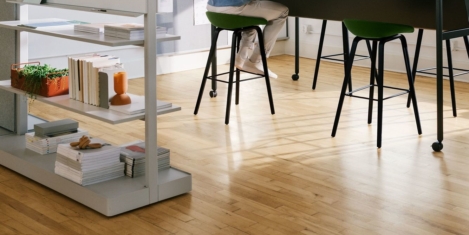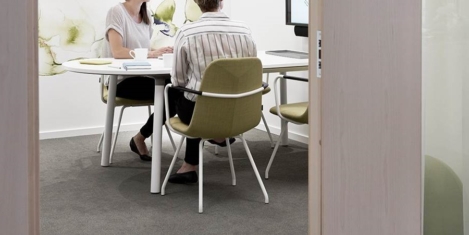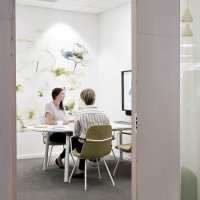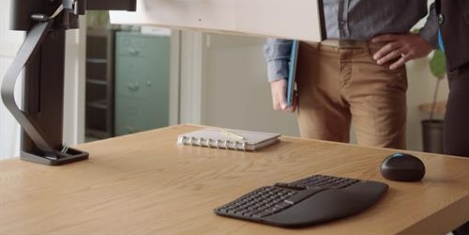February 4, 2022
Flexible working most likely to be offered in tech, charity and creative sectors
 A new study claims that IT & Telecoms, Charity and Media, Digital & Creative are the topmost progressive sectors when it comes to offering jobs with a flexible working element. Conducted by e-learning platform Preply, the study analyses January 2022 job listings, ranking each job sector by the percentage of roles that offer the option for remote working. Other relevant factors the analysis also highlights are the percentage of remote jobs that are part time, average salary and the UK cities seeing the highest increase in demand for those specifically looking for remote work. (more…)
A new study claims that IT & Telecoms, Charity and Media, Digital & Creative are the topmost progressive sectors when it comes to offering jobs with a flexible working element. Conducted by e-learning platform Preply, the study analyses January 2022 job listings, ranking each job sector by the percentage of roles that offer the option for remote working. Other relevant factors the analysis also highlights are the percentage of remote jobs that are part time, average salary and the UK cities seeing the highest increase in demand for those specifically looking for remote work. (more…)


















 Remote working swiftly evolved from a stopgap lockdown solution into a globally successful workstyle – and it’s set to stay. According to research quoted by
Remote working swiftly evolved from a stopgap lockdown solution into a globally successful workstyle – and it’s set to stay. According to research quoted by


 Keeping on top of communication barriers in the business world can feel like an endless game of Whac-A-Mole, especially now in the new era of hybrid working. The usual culprits are well-known by now: patchy WiFi connections, crashing computer programmes, cloud syncing issues, important emails sneaking into spam folders – the list goes on. All can impede our ability to get the job done.
Keeping on top of communication barriers in the business world can feel like an endless game of Whac-A-Mole, especially now in the new era of hybrid working. The usual culprits are well-known by now: patchy WiFi connections, crashing computer programmes, cloud syncing issues, important emails sneaking into spam folders – the list goes on. All can impede our ability to get the job done. 
 More than half (51 percent) of UK workers who currently have the choice to mix remote and office working would consider leaving their company if this hybrid option was removed, according to new
More than half (51 percent) of UK workers who currently have the choice to mix remote and office working would consider leaving their company if this hybrid option was removed, according to new 








January 25, 2022
Hybrid working? Let’s put on a show
by Mark Eltringham • Comment, Flexible working